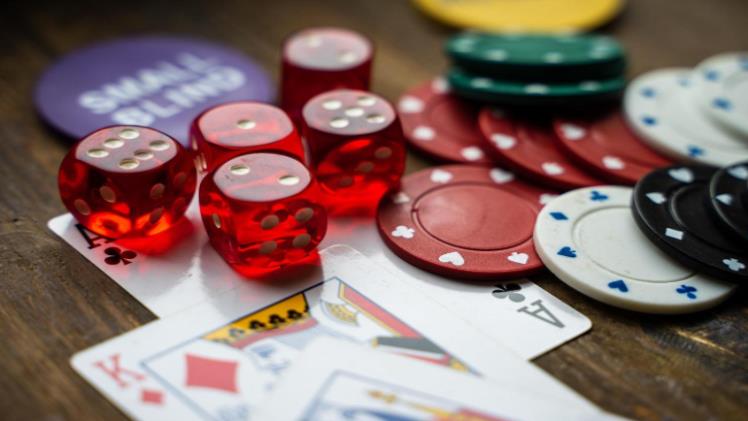Luck vs. Skill: What Really Matters in Casino Gaming?
Casinos have traditionally prospered by striking a balance between skill and luck. For centuries, gamblers have debated whether success in casino gaming comes down to pure chance or the ability to make calculated moves. The flashing slot machines, spinning roulette wheels, and strategic card tables all present different dynamics that blur the line between luck and skill. Understanding where each factor plays its role is essential for players who wish to make the most of their dangdut4dd gaming experiences.
The Dominance of Luck in Games of Chance
In many casino games, luck is the sole determinant of outcomes. Slot machines, roulette, and keno are prime examples where players have no control once the game begins. The results are dictated by random number generators or chance-based mechanics, ensuring unpredictability. The spin of a roulette wheel or the symbols lining up on a slot reel are events that cannot be influenced, no matter the player’s strategy.
Where Skill Takes the Spotlight
Not all casino games rely entirely on chance. Games like poker and blackjack introduce elements of strategy, decision-making, and mathematical skill. In poker, for instance, players must evaluate probabilities, read opponents, and master the art of bluffing to succeed. While luck still plays a role in the cards dealt, the skill of the player often determines long-term success. Similarly, in blackjack, strategies such as card counting, probability analysis, and disciplined betting can improve odds against the house.
The Blended Reality of Most Casino Games
Even in skill-based games like poker, luck plays a significant role in short-term outcomes. A beginner can win a hand against a seasoned professional if the right cards fall into place. Conversely, in Glitch Spin online casino games of chance like roulette, strategies such as betting systems may influence how players manage their bankrolls, even though they cannot change the actual odds. This blend creates a fascinating dynamic where both elements coexist, making casino gaming an unpredictable yet engaging pursuit.
The Psychological Factor
Casinos are designed to create environments where players feel lucky, motivated, and confident. The bright lights, celebratory sounds of jackpots, and social energy encourage players to believe in fortune. At the same time, skill-based games boost confidence by allowing players to feel in control. The perception of luck versus skill often determines how people approach casino gaming, with some relying entirely on chance while others commit themselves to mastering strategies.
The Role of Risk Management
Whether a player wins or loses often comes down to how well they manage their bankroll and control emotions. A skilled poker player who lacks discipline can lose quickly, while a casual slot player who sets limits may walk away with winnings. Risk management bridges the gap between luck and skill, reminding players that the casino experience is as much about smart decision-making as it is about probability and fortune.
The House Always Has the Edge
This inherent advantage guarantees that casinos will continue to turn a profit over time. While skill can shift the odds closer in games like blackjack or poker, and luck can lead to sudden windfalls in slots or roulette, the casino’s mathematical advantage remains constant. Players who understand this balance between skill, luck, and house edge are better prepared to enjoy gaming without unrealistic expectations.
Shaping Expectations in Modern Gaming
With the rise of online casinos and digital platforms, the debate between luck and skill continues to evolve. Online poker tournaments highlight strategy and expertise, while slot apps rely entirely on chance. Even hybrid games are emerging, blending skill-based mechanics with traditional casino formats to appeal to a wider audience. These innovations highlight that casino gaming is not just about winning or losing but about experiencing the thrill of chance and the satisfaction of skillful play.







